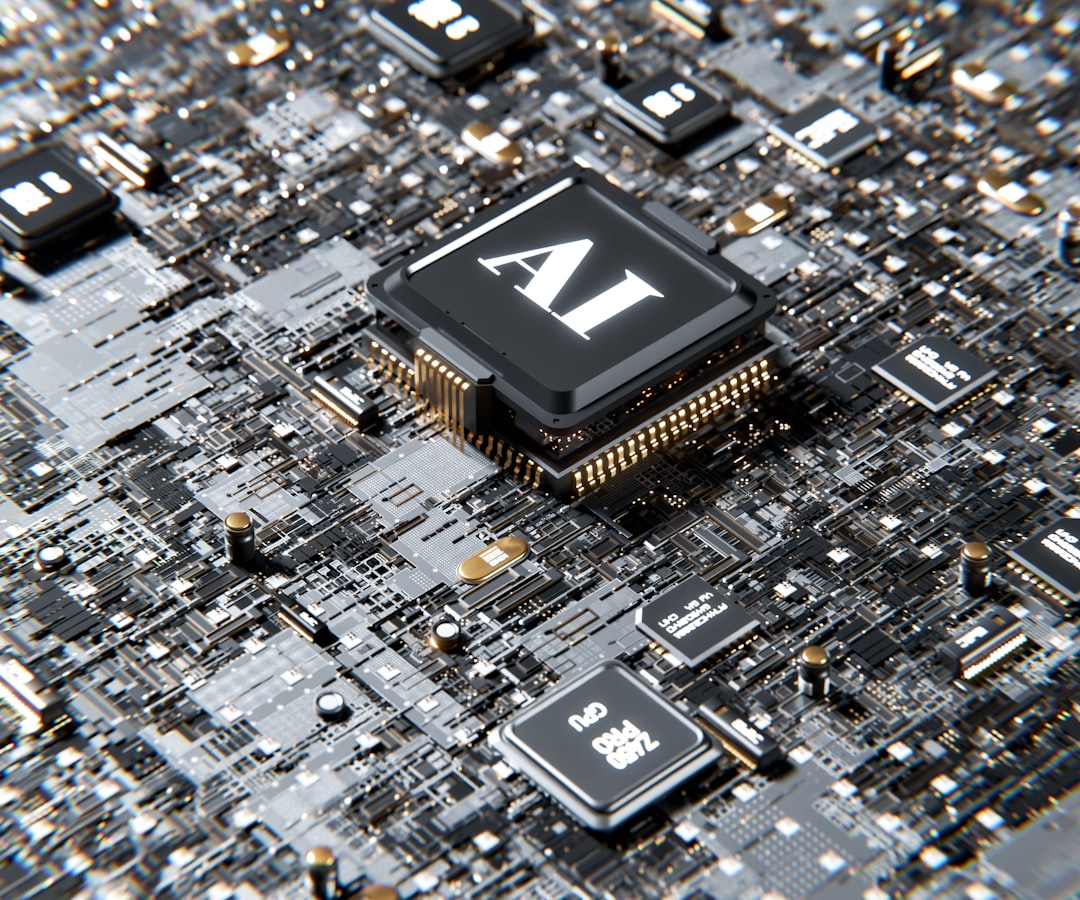Artificial intelligence is rapidly transforming numerous industries, and the legal field is no exception. For years, lawyers have relied on meticulous research, painstaking document review, and tireless hours spent sifting through information. Now, AI is emerging as a powerful tool, offering the potential to streamline workflows, improve efficiency, and even enhance legal strategy. This isn’t about robots replacing lawyers; it’s about intelligent assistance empowering them to achieve more.
One of the most significant ways AI benefits legal professionals is through enhanced research capabilities. AI-powered tools can analyze vast amounts of legal data – case law, statutes, regulations – far faster than any human could. This allows lawyers to identify relevant precedents, predict case outcomes with greater accuracy, and build stronger arguments in less time. Imagine instantaneously accessing a comprehensive database of relevant case law, tailored to the specific details of your client’s case. This is the reality AI is making possible.
Beyond research, AI excels at automating tedious tasks. Document review, a historically time-consuming and expensive process, is dramatically simplified. AI algorithms can quickly sift through thousands of documents, identifying key information and flagging relevant passages, allowing lawyers to focus on the strategic aspects of the case rather than the minutiae. This efficiency translates to cost savings for clients and a more sustainable work-life balance for legal professionals.
Furthermore, AI is proving invaluable in predictive policing and risk assessment. By analyzing patterns and trends in data, AI can help lawyers anticipate potential legal challenges and develop proactive strategies to mitigate risks. This predictive capability is particularly relevant in areas such as contract negotiation and litigation strategy, providing a significant advantage in complex legal matters.
However, the integration of AI in the legal field isn’t without challenges. Concerns regarding data privacy, algorithmic bias, and the ethical implications of using AI in legal decision-making require careful consideration. It’s crucial to ensure that AI tools are used responsibly and ethically, maintaining human oversight and accountability. Transparency and explainability of AI algorithms are key to building trust and ensuring fairness.
In conclusion, AI is not a replacement for the expertise and judgment of experienced legal professionals. Instead, it is a powerful tool that can significantly enhance their capabilities, allowing them to work smarter, not harder. As AI technology continues to evolve, its integration into the legal field will undoubtedly reshape the landscape of legal practice, creating a more efficient, effective, and potentially more equitable system of justice. The future of law is collaborative – a partnership between human intellect and artificial intelligence.










